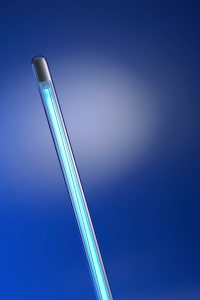 Winter is a time of low temperatures, but also a time filled with joy and celebrations. Unfortunately, something that comes along with the cold temperatures and more people gathering in homes is the rapid spread of illnesses. Yes, it’s cold and flu season once more.
Winter is a time of low temperatures, but also a time filled with joy and celebrations. Unfortunately, something that comes along with the cold temperatures and more people gathering in homes is the rapid spread of illnesses. Yes, it’s cold and flu season once more.
Aside from medical precautions against getting sick this winter, you have other methods to make your house a healthier one. We recommend a basic indoor air quality improvement that can make a big difference for household health—installing a UV light to your HVAC system. These UV air purifiers provide multiple benefits to your home.

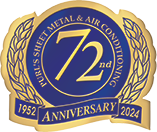
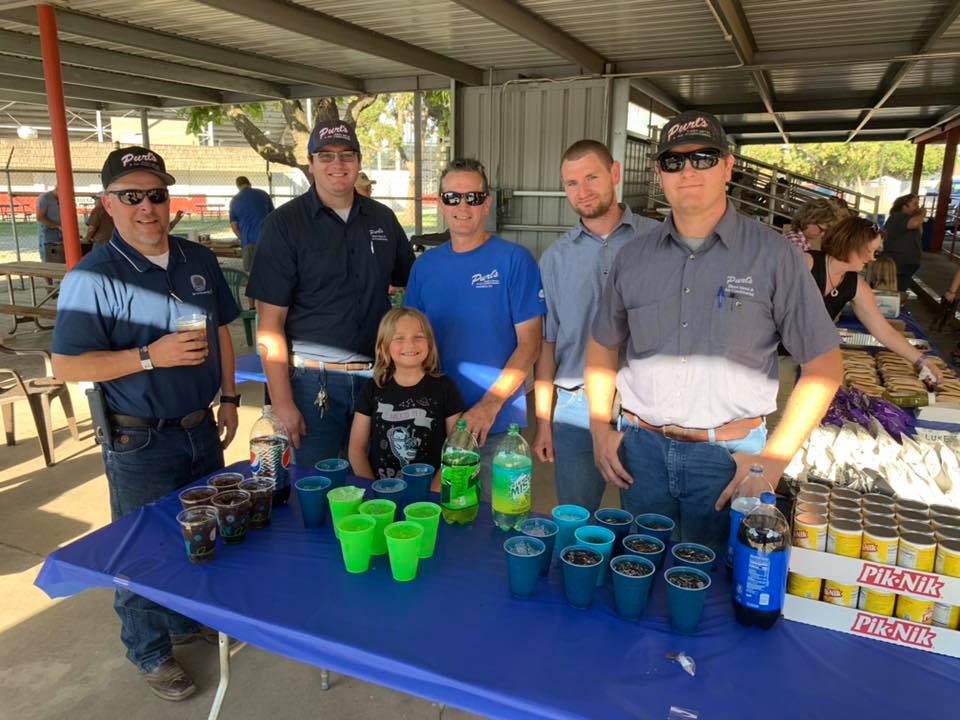
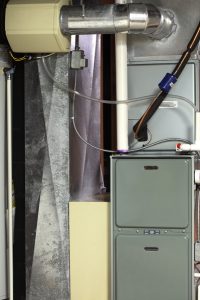 One of the most important jobs we do as an
One of the most important jobs we do as an  The cold weather will be here before you know it. Or before you can prepare for it. We don’t want you to get caught with a non-working furnace or a
The cold weather will be here before you know it. Or before you can prepare for it. We don’t want you to get caught with a non-working furnace or a  The cold weather will be here before you know it. Or before you can prepare for it. We don’t want you to get caught with a non-working furnace or a
The cold weather will be here before you know it. Or before you can prepare for it. We don’t want you to get caught with a non-working furnace or a 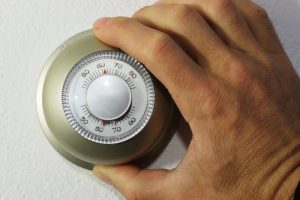 You want to avoid
You want to avoid 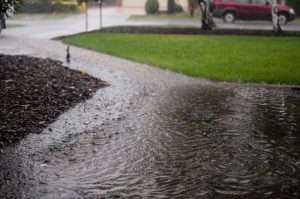 Summer is almost over. Fall is around the corner. The rainiest part of the year is right ahead.
Summer is almost over. Fall is around the corner. The rainiest part of the year is right ahead. Of all the troubles you might encounter with your air conditioning system, dirty sock syndrome is the one that triggers the most immediate reaction. It’s right there in the name—it sounds like something you absolutely don’t want in your house!
Of all the troubles you might encounter with your air conditioning system, dirty sock syndrome is the one that triggers the most immediate reaction. It’s right there in the name—it sounds like something you absolutely don’t want in your house!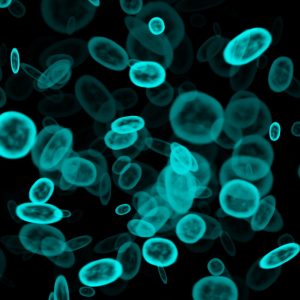 As an
As an